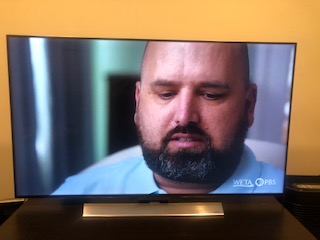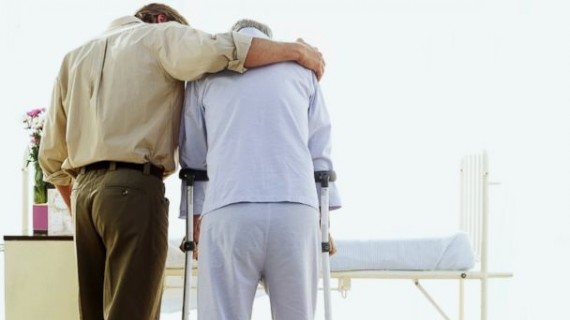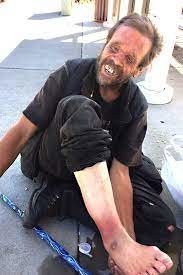
Kevin discusses his illness and recovery on PBS documentary last night. Tonight, part two.
(6-28-22) I’d watched snippets of Ken Burn’s PBS documentary, Hiding In Plain Sight: Youth Mental Illness, but last night was the first time that I’d seen part one of the completed film.
Listening to youngsters talking about suicide, abuse, trauma, delusions, depression and peer pressure brought on by cruelty via social media was heartbreaking and, at time, brutal to watch.
But it is so important for us to listen to these young persons’ courageous voices, hear their cries for help, and get a glimpse into their worlds. We must not turn our heads or switch channels.
Tonight is the second part of this amazing documentary, airing on PBS, 9 pm EST. Last night, Kevin and I both were featured describing our experiences with his mental illness: bipolar disorder.
Patti and I will be watching tonight. I hope you will too.

 This is James Mark Rippee. He has lived on the streets of Vacaville, California, for fifteen years. He has schizophrenia. Thirty-five years ago, Mark Rippee suffered a motorcycle accident that left him blind, with head trauma, brain loss, and a shattered right leg that is kept in place with a metal rod. He has endured more than sixty surgeries. He is beaten and robbed regularly. (Photo courtesy of
This is James Mark Rippee. He has lived on the streets of Vacaville, California, for fifteen years. He has schizophrenia. Thirty-five years ago, Mark Rippee suffered a motorcycle accident that left him blind, with head trauma, brain loss, and a shattered right leg that is kept in place with a metal rod. He has endured more than sixty surgeries. He is beaten and robbed regularly. (Photo courtesy of 


